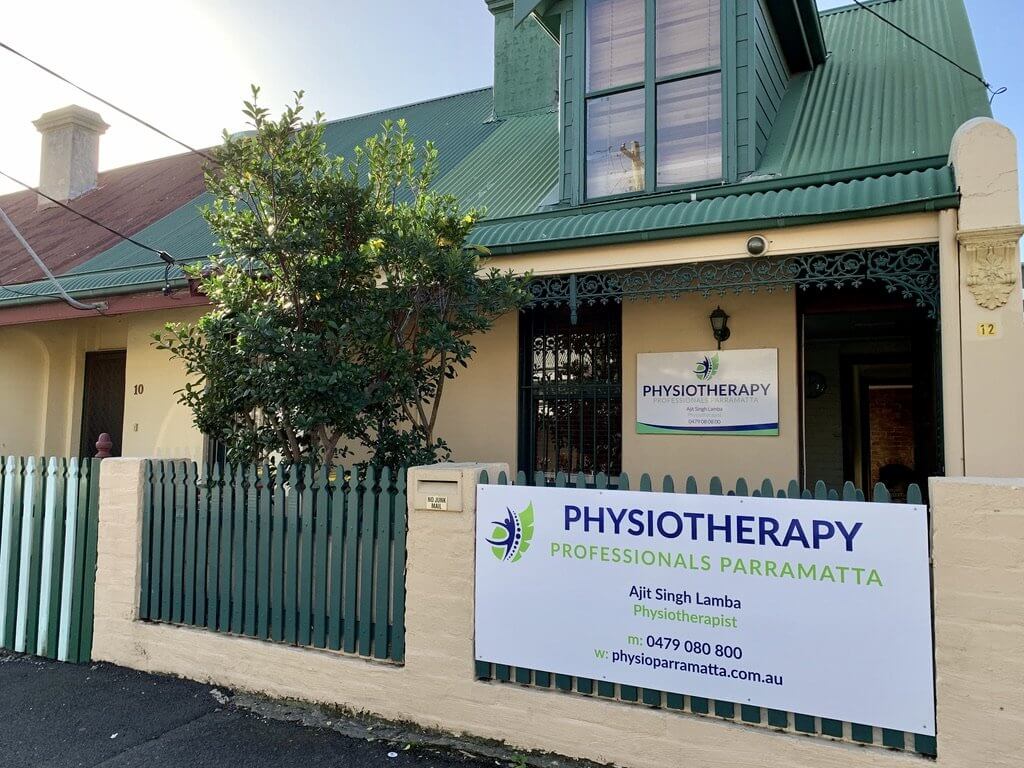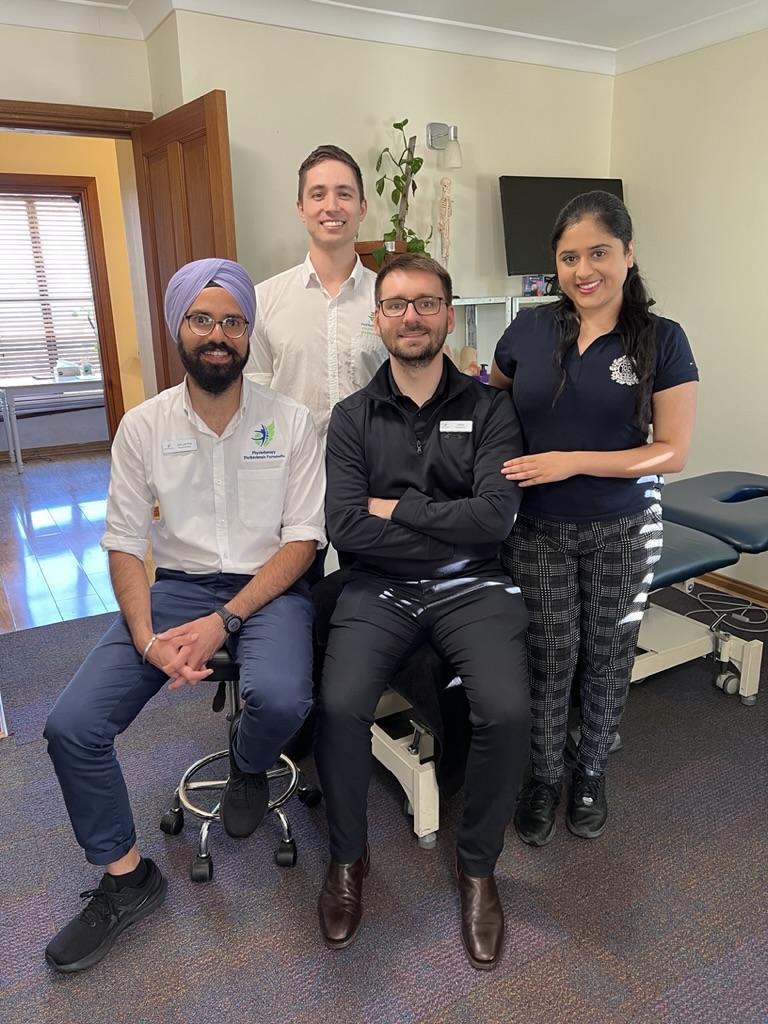Neck and Shoulder Pain in Musicians

Neck and shoulder pain in musicians:
Neck and shoulder pain are common complaints among musicians, especially those who play instruments that require repetitive movements or sustained postures. Playing musical instruments can put strain on the neck and shoulder muscles, leading to tension, discomfort, and pain. Here are some possible causes of neck and shoulder pain in musicians and some general tips for managing and preventing these issues:
Nearly every musician experiences muscular tension during or after playing. If left unmanaged this can lead to more inhibiting pain and even specific anatomical trauma that can be career-threatening. Musicians also tend to play through increasing tension, hoping it will go away with simple rest. However, if pain is present during play and lingers afterward, seeking help is essential to figure out why. Most musicians’ neck pain does not involve specific pathology but is a result of increasing and lingering muscular tension.
Neck tension can lead to reduced range of neck movement, can change the way you address your instrument and cause further problems in the forearms, wrists, and hands. Headaches an jaw tension are also commonly linked to neck tension. Musicians may be having treatment and doing exercises for pain further down the arms but have not addressed trunk endurance, shoulder strength, and neck tension. Likewise, solving neck or shoulder pain may involve analysing movement throughout the trunk, shoulders, arms and hands.
Common Causes of neck and shoulder pain in musicians
- High repetition of movement without adequate breaks or variety
- Non-ideal ‘ergonomics’ – the way the body interacts with the instrument
- Inaccurate technique – normally with too much playing tension
- Inadequate recovery between playing sessions
- Reduced general fitness and postural endurance
Many instruments, especially strings, flute, and guitars are played with unnatural, imbalanced postures which cannot be changed. Therefore, it is crucial to recognise and minimize the effects of these postural challenges by ensuring your body has the capacity to hold postures for extended periods and you have an active recovery plan after playing.
- Poor Posture: Maintaining an improper posture while playing an instrument can contribute to neck and shoulder pain. Musicians should strive for a balanced and relaxed posture, ensuring that the neck and shoulders are not excessively strained or slumped. Regular breaks and stretching exercises can help relieve tension.
- Repetitive Strain: Repeatedly performing certain movements or holding static positions for extended periods can cause muscle fatigue and strain. Varying your practice routine, taking frequent breaks, and incorporating stretching exercises can help reduce the strain on your neck and shoulder muscles.
- Instrument Ergonomics: The design and setup of your instrument can also contribute to neck and shoulder pain. Ensuring that your instrument is properly adjusted and ergonomically optimized for your body can help reduce unnecessary strain. Consult with a knowledgeable instrument technician or instructor to ensure proper instrument setup.
- Muscle Tension and Stress: Stress and tension can cause muscles to become tight and contribute to neck and shoulder pain. Relaxation techniques, such as deep breathing exercises, meditation, or yoga, can help alleviate muscle tension and promote overall well-being.
- Overuse and Fatigue: Excessive practice or performance without proper rest and recovery can lead to muscle overuse and fatigue. It’s important to pace yourself and incorporate regular breaks and rest days into your practice schedule. Applying ice or heat therapy and practicing gentle stretching exercises can help relieve muscle soreness.
- Strengthening and Stretching Exercises: Performing specific exercises targeted at strengthening the neck, shoulder, and upper back muscles can help improve their endurance and flexibility. A physiotherapist or a specialized musician’s health professional can provide guidance on appropriate exercises and stretches for your specific needs.
- Proper Warm-up and Cool-down: Before practicing or performing, it’s essential to warm up your muscles with gentle stretching exercises and gradually increase the intensity. Similarly, cooling down with light stretches after playing can help relax the muscles and prevent stiffness.
If neck and shoulder pain persist or worsen despite self-care measures, it is advisable to consult with a healthcare professional, such as a physiotherapist or a musician’s health specialist. They can assess your specific condition, provide targeted treatment, and offer additional strategies to address your pain and prevent future issues.
Remember, each musician’s situation is unique, and it’s important to listen to your body, take breaks as needed, and seek appropriate guidance to ensure a healthy and pain-free musical practice.
Contact Us:
Do you need assistance with your Physiotherapy treatment? Experienced team of Physiotherapists with essential knowledge. You can call us anytime to have a confidential discussion with our expert Physiotherapists. For more information on how we can further assist you, please call our clinic number on 0479 080 800 or send us an email on [email protected] for further details. Our Physiotherapists are Medicare, NDIS, and Work Cover approved, specialising in injury management and rehabilitation to get you back on track.

Physiotherapy After A Car Accident
